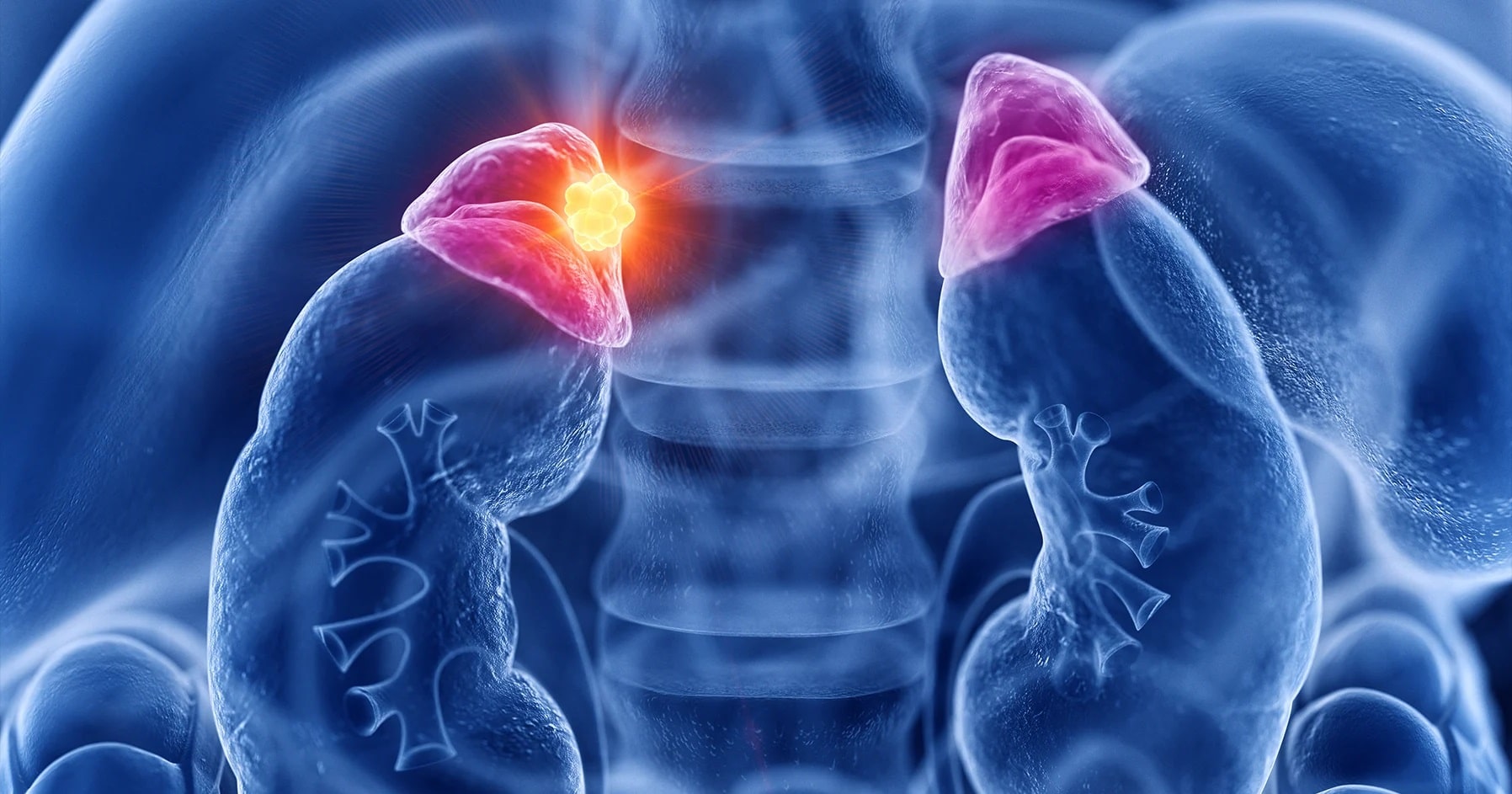
Amnesia can be a puzzling condition, often portrayed in movies and TV shows. But what exactly is it? Amnesia is a loss of memory that can affect someone’s ability to recall past events, form new memories, or both. This condition can stem from various causes, including brain injury, illness, or psychological trauma. While some people might think of amnesia as total memory loss, it usually affects specific types of memories. There are different forms, such as retrograde amnesia, where individuals forget past events, and anterograde amnesia, which hinders the creation of new memories. Understanding amnesia helps in grasping how our brains store and retrieve information, and why sometimes, they fail to do so.
What is Amnesia?
Amnesia is a condition where a person loses the ability to remember information, experiences, or events. It can be temporary or permanent, and it affects people in different ways. Let's dive into some fascinating facts about this intriguing condition.
Types of Amnesia
Amnesia isn't just one thing. There are different types, each with unique characteristics.
- Retrograde Amnesia: This type involves losing pre-existing memories. People can't recall events or information from before the onset of amnesia.
- Anterograde Amnesia: Here, individuals can't form new memories after the onset of amnesia. They remember their past but struggle with new information.
- Transient Global Amnesia: This is a temporary form where people experience sudden memory loss for a short period, usually a few hours.
Causes of Amnesia
Various factors can lead to amnesia. Understanding these causes helps in diagnosing and treating the condition.
- Head Injuries: Trauma to the head, like from a car accident or fall, can damage the brain and cause amnesia.
- Stroke: A stroke can disrupt blood flow to the brain, leading to memory loss.
- Infections: Brain infections like encephalitis can result in amnesia by damaging brain tissues.
Symptoms of Amnesia
Recognizing the symptoms is crucial for early intervention and support.
- Memory Loss: The most obvious symptom is the inability to remember information, events, or experiences.
- Confusion: People with amnesia often feel confused about time, place, or identity.
- False Memories: Sometimes, individuals may create false memories, filling in gaps with incorrect information.
Treatment and Management
While there's no cure for amnesia, various treatments can help manage the condition.
- Cognitive Therapy: This involves exercises and activities designed to improve memory and cognitive function.
- Medications: Certain drugs can help manage symptoms, especially if the amnesia is related to conditions like Alzheimer's.
- Support Systems: Family and friends play a crucial role in helping individuals cope with amnesia by providing emotional and practical support.
The Final Word on Amnesia
Amnesia is a complex condition affecting memory, often caused by brain injury, illness, or psychological trauma. It can manifest as anterograde amnesia, where forming new memories becomes difficult, or retrograde amnesia, which erases past memories. While movies often dramatize amnesia, real-life cases are less sensational but equally challenging. Treatments focus on therapy and coping strategies rather than cures. Understanding amnesia helps in supporting those affected and recognizing the importance of brain health.
Memory plays a crucial role in our identity and daily functioning. By learning about amnesia, we gain insight into the brain's workings and the resilience of the human spirit. Stay informed, stay empathetic, and remember that knowledge is power.
Was this page helpful?
Our commitment to delivering trustworthy and engaging content is at the heart of what we do. Each fact on our site is contributed by real users like you, bringing a wealth of diverse insights and information. To ensure the highest standards of accuracy and reliability, our dedicated editors meticulously review each submission. This process guarantees that the facts we share are not only fascinating but also credible. Trust in our commitment to quality and authenticity as you explore and learn with us.


